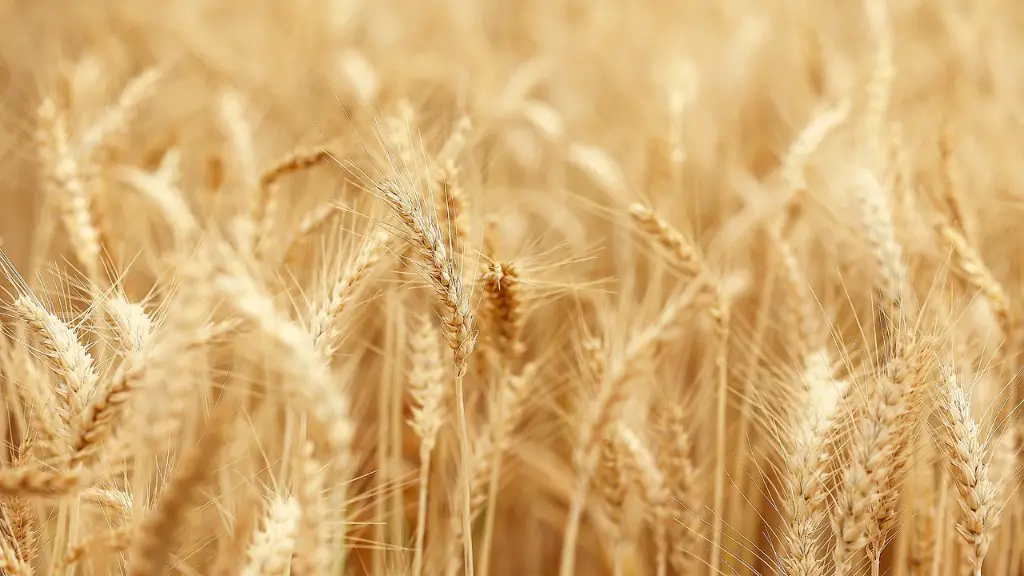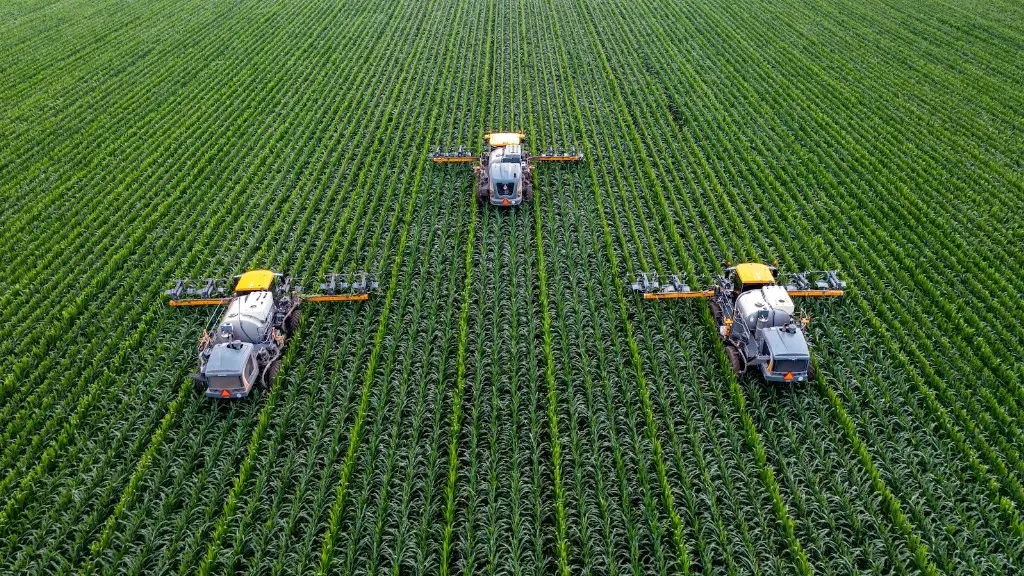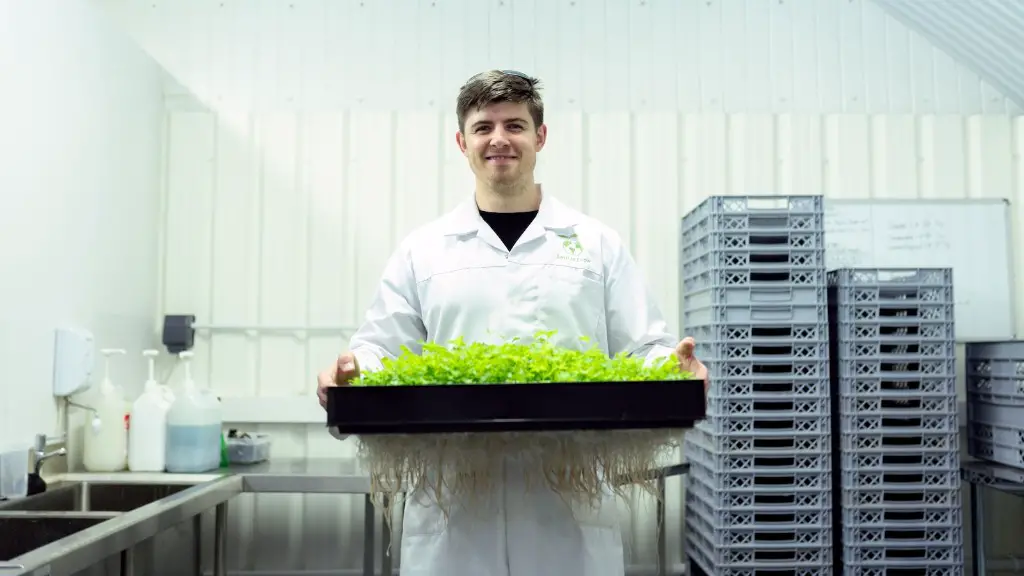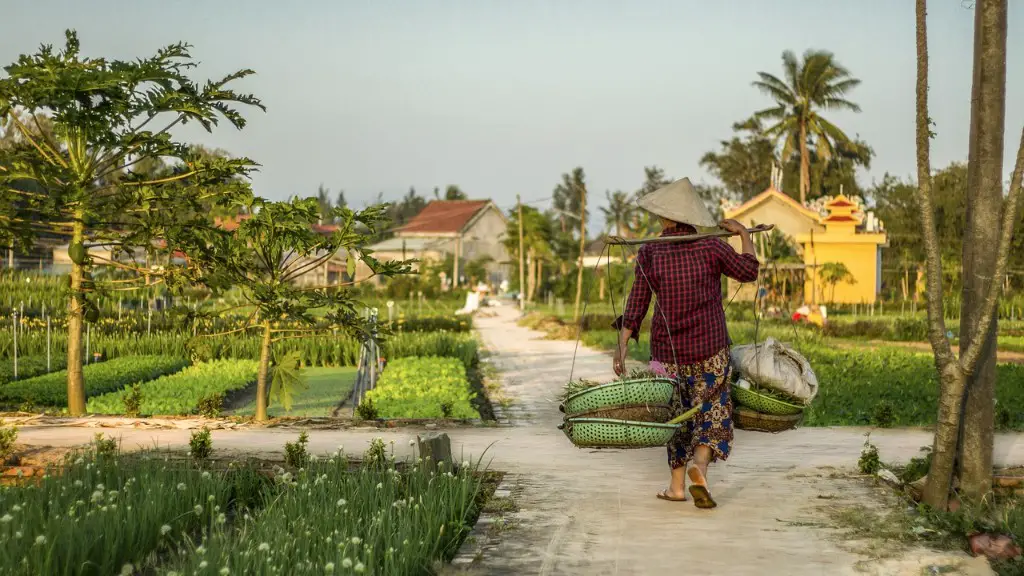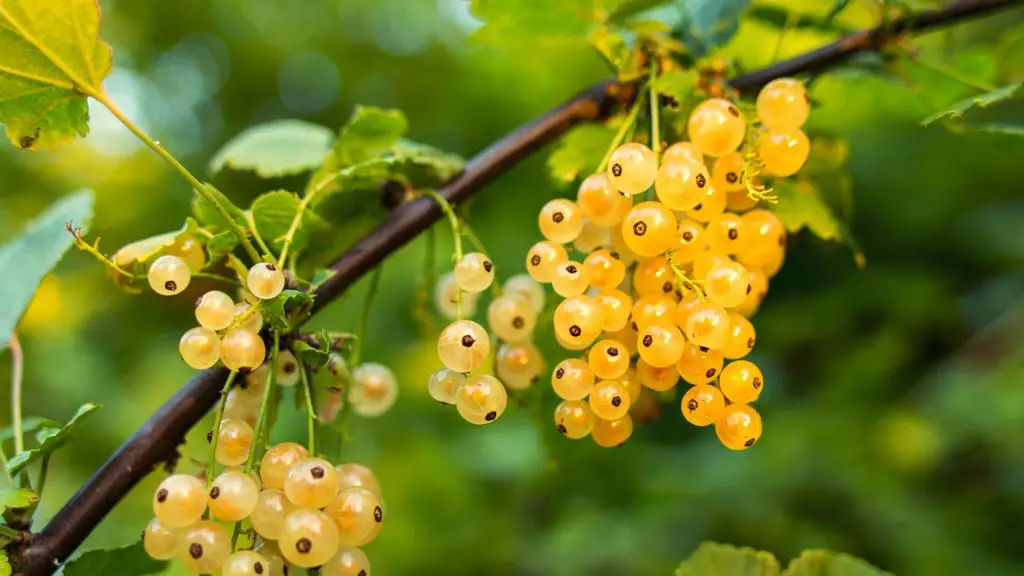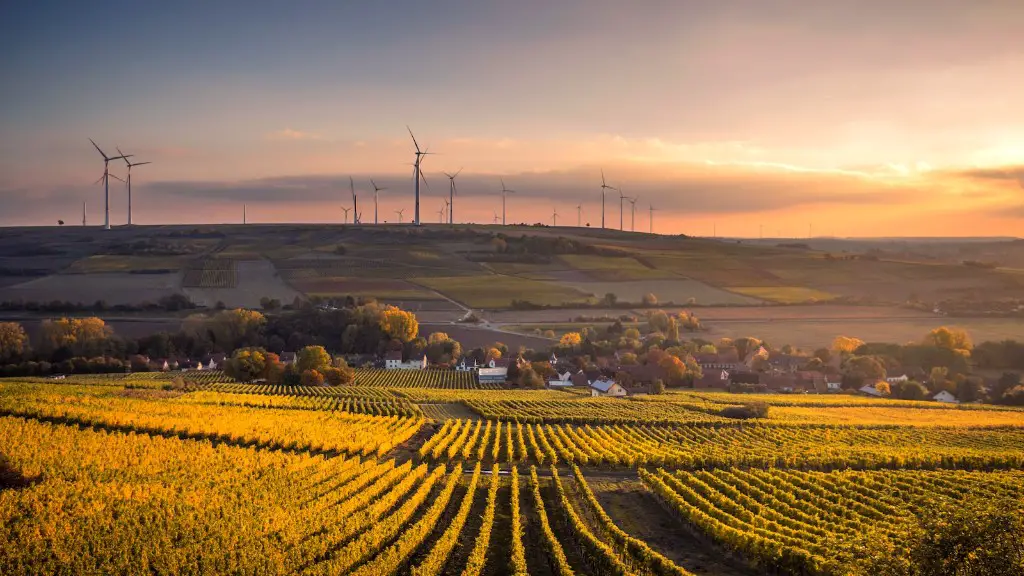There are many important factors in agriculture, but some of the most important are soil health, water management, and pests and diseases. Soil health is important for agriculture because it is the foundation of successful crops. Healthy soil has the ability to hold more water and nutrients, which are vital for plant growth. Water management is important in agriculture because it is a scarce resource. Proper water management can help reduce water waste and improve crop yields. Pests and diseases can destroy crops and cause economic losses for farmers. Control of pests and diseases is essential for successful agriculture.
There are many things that are important in agriculture. One of the most important things is having fertile land. Fertile land is land that is able to support plant growth. Another important thing in agriculture is having a reliable source of water. Plants need water to grow, so a reliable source of water is essential. sunlight is also important for plant growth, so a location that gets plenty of sunlight is ideal.
What are the most importance of agriculture?
Agriculture can help reduce poverty, raise incomes and improve food security for 80% of the world’s poor, who live in rural areas and work mainly in farming. The World Bank Group is a leading financier of agriculture, with a strong focus on supporting smallholders and women farmers. We are committed to helping countries transform their agriculture sectors to ensure that they are more productive, competitive and sustainable.
There are certain requirements that agriculture must meet to produce food and to keep producing food. These requirements include protecting the soil, maintaining soil fertility, using water efficiently, and protecting the crop. By meeting these requirements, agriculture can produce the food that is necessary to sustain life.
What are the 7 sectors of agriculture
The agricultural sector is a critical part of the economy, providing food and other products for both consumers and businesses. The sector includes a variety of businesses, from food and beverage manufacturing to food and beverage stores, food services, and textiles, apparel, and leather products. forestry and fishing are also important parts of the agricultural sector.
Agriculture is the oldest and most important industry in the world. It is the foundation of human civilization and the source of our food, clothing, and shelter. Agriculture is also the source of many of our environmental problems.
What are 5 important of agriculture?
Agriculture is the main source of food and fabrics for the majority of the world’s population. Cotton, wool, and leather are all agricultural products, and agriculture also provides wood for construction and paper products. The types of agricultural products and methods used vary from one region of the world to another.
Agricultural workers must be able to work long hours in difficult conditions. They must be able to lift heavy objects and operate complex machinery. They must also be able to communicate effectively with their co-workers.
What are the five skills in agriculture?
Set in the context of a rapidly evolving industry, the ability to adapt is essential for any professional in agriculture. This might mean being open to new ideas and approaches, being willing to learn new skills or simply being adaptable to change.
Interpersonal skills are also important, as they allow you to build strong relationships with those you work with. This can be helpful in getting tasks completed efficiently and effectively.
Being organised and good at time management can also be beneficial, as it allows you to make the most of your time and resources. This can be key in achieving success in any area of agriculture.
Finally, being tech-savvy can also be a huge advantage. With so much technology now available to help with everything from production to marketing, those who are able to use it effectively can give themselves a real leg up.
There are many types of farms that differ in terms of their location, environment, and type of crops or animals raised. Here is a list of 15 different types of farms:
1. Aquaculture Farming: Aquaculture is the cultivation of fish, shellfish, and other aquatic animals in controlled environments.
2. Cooperative Farming: Cooperative farming is a type of farming where farmers work together to pool their resources and knowledge in order to improve efficiency and productivity.
3. Hay Farming: Hay farmers grow and harvest hay, which is used as animal feed.
4. Organic Farming: Organic farming is a type of agriculture that focuses on producing food in a way that is sustainable and healthy for both the environment and the consumers.
5. Urban Farming: Urban farming is a type of farming that takes place in urban areas, often using vacant lots or rooftops to grow crops or raise livestock.
6. Nomadic Farming: Nomadic farming is a type of farming that involves moving from place to place in order to find suitable land for growing crops or raising livestock.
7. Sedentary Farming: Sedentary farming is a type of farming in which farmers live in one place and farm the land around them.
What are the 10 steps of agriculture
The soil in which a crop is to be grown must be ploughed, levelled and manured before sowing. Good quality seeds of crop strains must be selected at the primary stage of sowing. The crop must be irrigated, weeded and harvested when it is ready. The crop must be stored properly for later use.
There are many different branches of agriculture, each with their own focus and area of expertise. Agronomy, horticulture, plant breeding and genetics, seed science, crop physiology, plant pathology, plant protection, and soil science are all important branches of agriculture that help to produce the food we eat and the plants we use for other purposes. Each branch has its own unique contribution to make to the world of agriculture.
What are benefits of agriculture?
Agriculture is the backbone of many industries as it provides the raw materials that are necessary for human survival. Crops for food, silk for clothing, and wood for shelter all come from agriculture. Without the produce of agricultural land, many industries would grind to a halt. Consequently, the agricultural sector is of vital importance to the global economy.
The biggest challenge farmers face is that they cannot control water, labor, and shipping problems. They have to adapt their practices to accommodate these factors, which is difficult and often impossible.
What are the 9 agriculture career focus areas
The agricultural industry offers a wide variety of career opportunities in nine different areas. These include agribusiness systems, agricultural education, animal systems, biotechnology, environmental services, food products and processing, natural resources, plant systems, and power and structural technical systems. No matter what your interests or skills are, there is likely a career in the agricultural industry that is a good fit for you. With so many options available, there is sure to be something for everyone.
The eight essential skills are important for success in any field. They cover communication, creative problem solving, self-management, and interpersonal skills. Listening and speaking are important for effective communication. Problem-solving and creativity are important for finding new solutions to problems. Staying positive and aiming high are important for motivation and success. Leadership and teamwork are important for working effectively with others.
What are the qualities of a good farmer?
If you learn and emulate these seven traits, you might just find success lurking around the corner. Patience, Student Mentality, Knowledgeable, Problem solver, Organized, Good with numbers, Salesman. These are all important traits to have if you want to be successful in any industry, but especially in farming. Farmers have to be patient because they can’t control the weather or the markets. They have to approach the industry with a student mentality, always learning and trying to improve. They need to be knowledgeable about the different crops they grow and the animals they raise. They need to be problem solvers, able to troubleshoot when things go wrong. They need to be organized, both in their fields and in their paperwork. And they need to be good with numbers, because farming is a business. Lastly, they need to be good salesmen, because they need to sell their products to make a living.
We are overly reliant on just four crops for our food supply. This is not sustainable in the long run. We need to diversify our food crops to ensure food security.
Conclusion
There are many things that are important in agriculture, but some of the most important factors include water, land, and climate. Without these key components, it would be very difficult to produce food and other crops.
The most important thing in agriculture is producing food for people to eat. farmers work hard to plant and care for crops, and they do their best to produce a good harvest. Other important things in agriculture include providing animal feed, clothes made from plants or animals, and green space.
